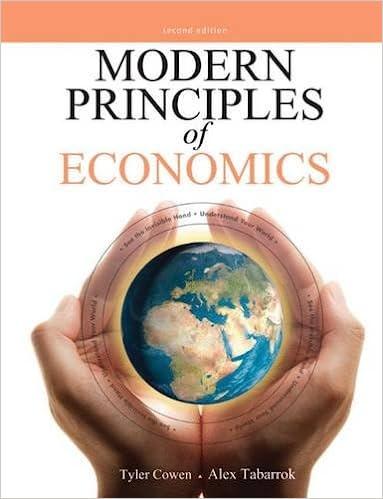a. Consider a factory, located in the middle of nowhere, producing a nasty smell. As long as
Question:
a. Consider a factory, located in the middle of nowhere, producing a nasty smell. As long as no one is around to experience the unpleasant odor, are any externalities produced?
b. Suppose that a family moves in next door to the smelly factory.
Do we now have an externalities problem? If so, who is causing it: the factory by producing the smell, the family by moving in next door, or both?
c. Suppose that the family clearly possesses the right to a pleasant-smelling environment. Does this mean that the factory will be required to stop producing the bad smell?
What could happen instead? There are many right answers. (Hint: Think about the Coase theorem. Actually, it’s always a good idea to think about the Coase theorem, whether the topic is smelly factories, labor-management disputes, international peace negotiations, or divorce settlements.) klo5
Step by Step Answer:






